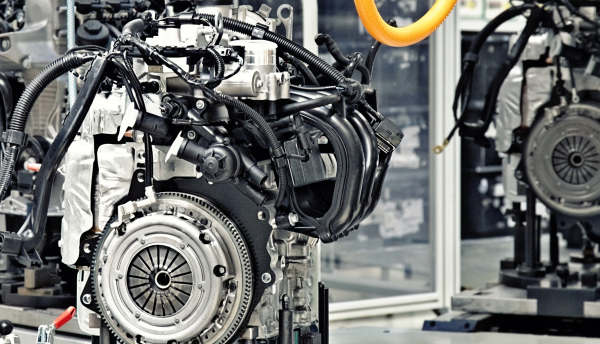
Toyota Motor has unveiled its first flexible-fuel hybrid vehicle prototype at an event in Sao Paulo, Brazil, the company announced in a press release on 19 March. The hybrid flexible-fuel vehicle (FFV) can use gasoline and alternative fuels such as ethanol to run the internal combustion engine (ICE), and the hybrid system. Toyota said that before commercializing the technology, it will collect various data through real-world road testing in Brazil and evaluate the system's reliability, durability, and powertrain performance.
"I am very proud of our Toyota do Brasil engineers that worked closely with our engineers in Japan to develop the world's cleanest hybrid vehicle that uses ethanol for our Brazilian customers. The invention demonstrates our journey in providing a new mobility society," said Steve St. Angelo, senior managing officer of Toyota Motor Corporation serving as CEO of Toyota Latin America Region and Caribbean, as well as chairman of Toyota do Brasil.
Significance: According to Toyota, the hybrid FFV has the potential to drastically reduce total CO2 emissions as it is built on Toyota's hybrid system that has high energy efficiency and low emission levels; in addition, it also leverages the CO2 reabsorption capacity of ethanol, a plant-derived 100% renewable fuel. The development of the hybrid FFV is part of Toyota’s "Environmental Challenge 2050" program under which the company is targeting around 90% reduction in vehicle CO2 emissions, compared with 2010 levels, by 2050. In line with this goal, to meet the target, Toyota plans to have 5.5 million electrified vehicles in its global new vehicle sales by 2030. Another objective of the Environmental Challenge is to completely eliminate CO2 emissions from vehicle lifecycle, including materials, parts, and manufacturing.








